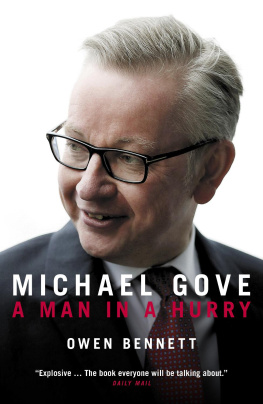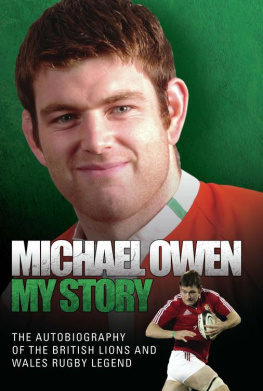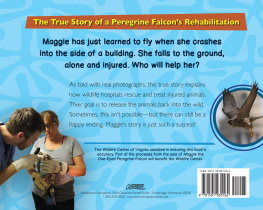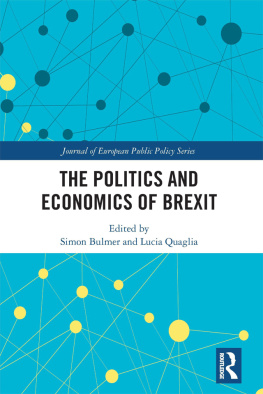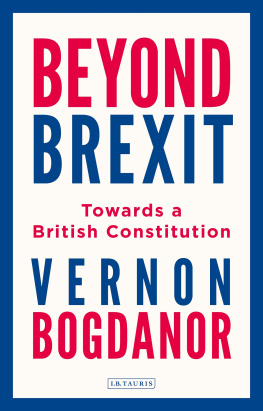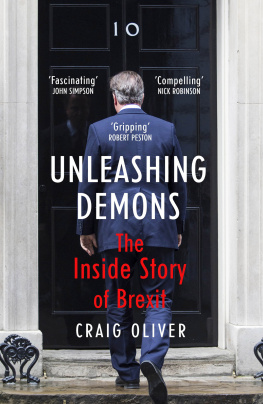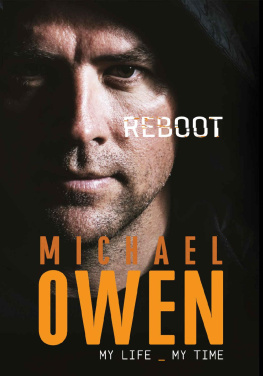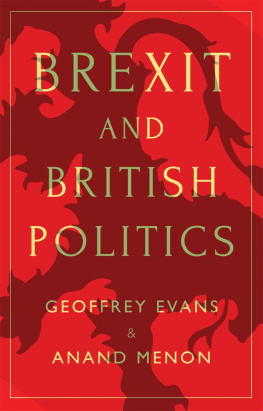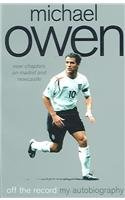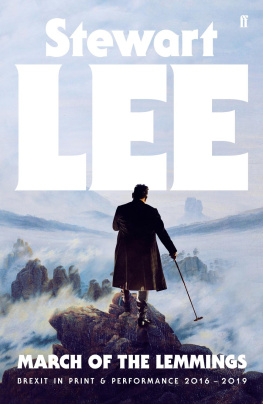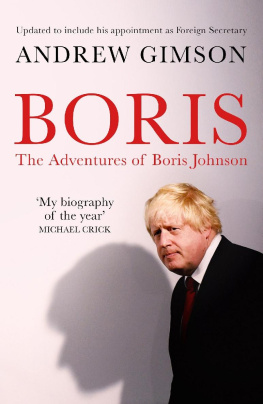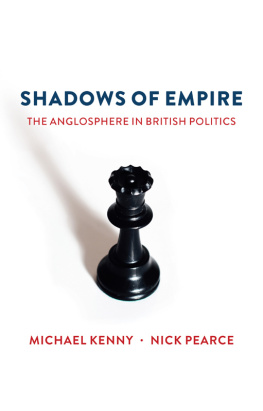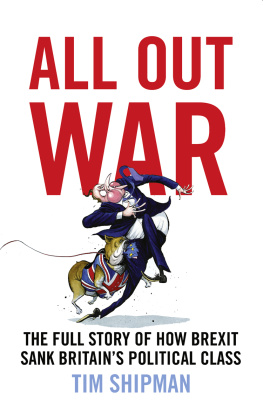T his book, my third, was the most challenging to write. Boiling down a mans life to twenty-three chapters was a challenge, one that I did not truly appreciate until I was too deep into the research and writing to turn back. A constant throughout was my wife, Alessandra Pino, without whom this book would not have been possible. She provided support, tolerance, patience and love, as well as advice for when I was in one of many dead ends.
Thank you to my daughter Lucia for providing wonderful moments of light relief, such as showing me your ballet moves in one of your Disney princess dresses.
My mother, Deborah, and stepfather, Michael, also played supportive roles, as did my father, Nigel, my sister, Jennifer, and my brother-in-law, Steve. I also have to say grazie mille to my mother-in-law, Sandra and brother-in-law, Manuel, who provided ample distractions for Lucia and support for Alessandra as I pushed on.
Many thanks to all the people who agreed to be interviewed for the book. Some are named in the book, some are not for obvious reasons but I appreciate every scrap of information passed on to me. For ease of reference, it should be assumed that unless otherwise attributed all quotes and other pieces of information are taken from interviews conducted between March 2018 and May 2019. I am more than happy to admit that I have stood on the shoulders of giants in many parts of the book, and works by Tim Shipman and Harry Mount in particular informed the chapters on the Brexit referendum and the 2016 leadership contest.
I started this book at HuffPost UK, under the fantastic tutelage of Paul Waugh, and completed it while working at City AM. Christian May is a brilliant editor and a great man, and I thank him and the equally masterly Julian Harris for making me feel so at home there while I covered Cat Neilans maternity leave.
If this book is in any way readable, coherent or entertaining, it is because of the forensic editing by Olivia Beattie, who must have been frankly gobsmacked at the state of the manuscript when it was delivered. Any errors remaining are mine and mine alone. James Stephens at Biteback was wonderfully patient with me, and a special mention must go to Iain Dale, who commissioned this book and promptly quit the publishing world a few weeks later out of what I imagine was sheer embarrassment.
I would like to say thank you to Michael Gove. He didnt ask me to write this book about him, and Im sure he would rather I hadnt done so. However, he has always been unfailingly polite and professional with me, no matter the trouble I have caused for him.
This book was not designed to impact on Goves career but to bring a greater understanding to the background and motivation of one of the most energetic, eloquent and, on occasion, surprising politicians of modern times.
Owen Bennett
Westminster, June 2019
L ife for Michael Gove did not necessarily begin on the day he was born. Indeed, on the day he was born, he was not Michael Gove at all he was Graeme Logan.
On 26 August 1967, Graeme was born to an unmarried woman from Edinburgh. Up until 2019, Gove believed his birth mother was a student and that he was born in Scotlands capital city, but it can now be revealed that that story is not accurate. Baby Graeme was not born in Edinburgh but in a maternity hospital in Fonthill Road, Aberdeen. His mother was indeed from Edinburgh but was an unmarried 22-year-old cookery demonstrator at the time of his birth, not a student. His maternal grandfather was an optical frame maker, who himself was the son of a house painter. His maternal grandmother was a gelatin packer and the daughter of a French polisher. Baby Graeme would never know this part of his family, as he was put into care soon after he was born.
Living 140 miles north of Edinburgh were the couple who would become Graemes adoptive parents: Ernest and Christine Gove. The Goves had been married since 19 September 1959, when Ernest was a 22-year-old working in the family fish business and Christine, barely out of her teenage years, was working as a despatch clerk. The pair were of solid Aberdonian stock, with their families roots in the Granite City going back generations.
Ernest knew all about the importance of his name, as his father also shared the moniker. Ernest Sr was born on 13 November 1915 in Aberdeen. Like many in the city, situated in the north-east of Scotland, his trade was fishing. Aberdeens harbour has been active as a business in its own right since 1136, and in 1900 some 200 fishing boats were working out of the city.
Earning a living from the sea was in the Goves blood. Michaels great-great-grandfather Hercules was a fisherman a profession followed by his son, Andrew, born on 7 January 1883. While Andrews name had less adventurous connotations than his fathers, it did not hold him back. On 18 June 1911, Andrew saved the life of a girl who had fallen into the River Dee. A report from the time recounts how Andrew, accompanied by a lady friend (presumably Sarah Ann Suckberry Phillips, whom he was to marry six months later), was walking over the suspension bridge when he heard the cries of a group of children as one of their friends had been borne away by the current. Removing his jacket, Andrew dived in, pulled the girl to safety and then promptly disappeared, without allowing any fuss to be made over his action, according to a report in the Press and Journal newspaper.
After being tracked down by a reporter the next day, Andrew explained why he fled the scene before being congratulated:
I did not hurry away till I saw the childs life was sure, and after that I was naturally desirous of getting out of my uncomfortable clothes as soon as possible. A peculiar thing was that my watch stopped at one minute to eight exactly the time I entered the water. It has refused to work since. That is nothing however, compared with the value of the childs life.
The girls parents may not have replaced the watch, but they did give Andrew a gold medal out of gratitude.
Andrew married Sarah, a fellow fish worker, in December 1911, and the couple would go on to have three sons and a daughter. One son, born in 1915, was Michaels grandfather Ernest Evans. Ernest Sr kept up the tradition of marrying a fish worker, wedding Williamina Webster in August 1936. The pair were both twenty years old at the time of the ceremony and in something of a hurry: Williamina was almost eight months pregnant with Ernest Jr when she walked down the aisle.
The Gove family were clearly of solid working-class stock, but the journey towards a more middle-class existence was begun by Ernest Sr. Whereas his father, Andrew, was a fish-market porter, Ernest Sr moved from worker to boss by establishing his own fish processing company. Based in Commercial Quay, and later Murrays Lane, in Aberdeen harbour, EE Gove and Sons would take the fish caught in the North Sea primarily cod and whiting gut the catch and smoke them before selling them on. At its peak, the business employed twenty workers, and it was passed on to Ernest Jr to run once Ernest Sr retired.
As well as sharing a business, the two Ernests had a joint love of sport. Ernest Jr enjoyed boxing as a youngster, and both men were avid football fans, with Aberdeen FC the object of their affections. They were also dedicated followers of the national side, and Ernest Sr would organise trips to Wembley to see the Tartan Army take on the Auld Enemy. But unlike thousands of other Scots who would make the trip down to London by train, Ernest Sr chartered a plane to take himself and other fish merchants to the match. He began running the excursions in the mid-1950s and carried on for more than twenty years. The journey back must have been somewhat muted, as the Dons lost to Rangers 41.

